Nature is in crisis. Hear from activists, scientists and those most affected as we unpack the challenges we face as well as the solutions that lie within our grasp.
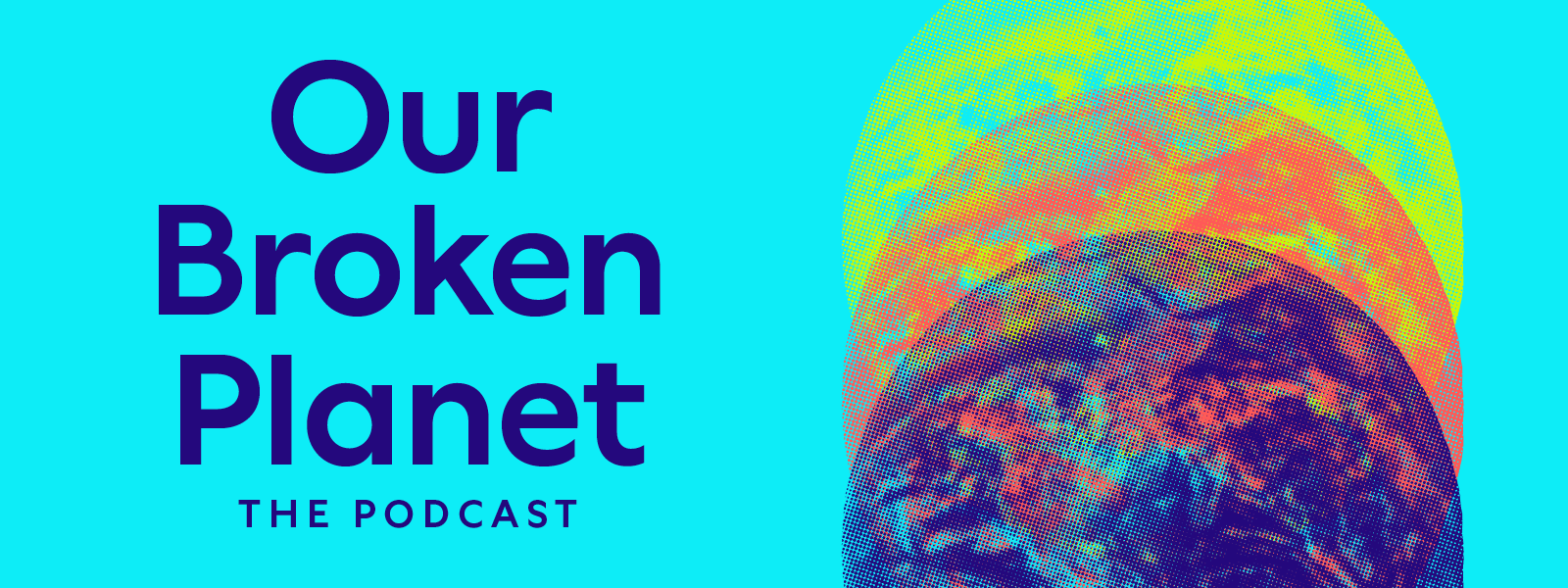
In this podcast, we discover the interconnected issues facing our planet and explore what we can do about them together.
Join your hosts Tori Herridge and Khalil Thirlaway as they transport you around the globe to the front lines of the climate change and biodiversity crises.
Episode 10
Standing up for nature: What can we do to fix our broken planet?
Surveys show that most of us are really worried about climate change and we want something to be done. But what?
This series, we’ve explored many ways in which nature is changing in response to human activity and the dangers posed to people and planet as a result. In this final episode, Tori and Khalil explore how people are taking action in the face of the planetary emergency. Along the way, you’ll find out:
- When has activism been effective?
- How do scientists feel about climate change?
- One thing everyone can do to start making a positive change
Contributors:
- Dr Erica McAllister - Senior Curator for Diptera and Siphonaptera (flies and fleas) at the Natural History Museum
- Professor Tristram Wyatt - Senior research fellow in the Department of Zoology at the University of Oxford and Honorary Research Fellow at the Centre for Biodiversity and Environment Research
- Alessandra Korap Munduruku - Member of the Munduruku group of Sawré Muybu, an indigenous territory in northern Brazil, and President of the Pariri Indigenous Association
- Dr Rim Saab - Social psychology lecturer at the University of Sussex, who specialises in the psychology of political action
Episode 9
Deep down and dirty: Mining for a sustainable future?
A more sustainable future lies within reach. One where human societies are powered by wind and solar energy, leaving dirty, climate-changing fossil fuels in the past. Sounds good, right?
But with many tonnes of rare earth metals needed to manufacture just one wind turbine, switching to this greener way of life likely means more mining - and lots of it - at least in the short term. Where and how could we get these metals while causing the least possible harm to people and planet?
Khalil meets scientists and campaigners to find out:
- Why are some people so interested in mining the deep sea?
- What lives on the ocean floor and what would happen to it if mining got the green light?
- How can science help reverse the long-term damage caused by mining?
With:
- Professor Richard Herrington - Natural History Museum research lead for resourcing the green economy
- Dr Adrian Glover - Natural History Museum Merit Researcher specialising in deep-sea biodiversity
- Louisa Casson - Global Project Leader for Greenpeace’s Stop Deep Sea Mining campaign
Episode 8
Something in the air: Can Nigeria stop its silent killer?
Nigeria has some of the highest levels of unhealthy air across the African continent - a leading cause of inflammatory illness and premature death. Could its huge and growing cohort of young people have the solution?
Tori and Khalil head to the ‘Giant of Africa’ to find out how one of the world’s fastest growing nations - by economy and population - is dealing with rapidly accelerating energy demand and what might happen next.
Join us and find out:
- What’s the cause of Nigeria’s dangerous air and what can be done about it?
- How can African countries avoid some of the environmental missteps made by more industrialised nations?
- What can Lagos teach us about building greener, more liveable megacities of the future?
With:
- Dr Rose Alani - Head of the Air Quality Monitoring Research Group at the University of Lagos
- Oludayo Yusuf - Consulting Embryologist at Origene Health Services in Lagos
- Joshua Gabriel Oluwaseyi - Environmental activist and founder of LearnBlue
- Dr Mofoluso Fagbeja - Air quality specialist and co-author of the World Bank-funded report Development of an Air Quality Management Plan for Lagos
- Desmond Appiah - Country lead for The Clean Air Fund in Ghana
Episode 7
Abusing nature is making us sick: What’s the cure?
As modern human societies have tried to dominate and organise nature, we have been interacting with other species in some dangerous ways. From encroaching on the territory of wild creatures, to industrially farming other species in unnaturally cramped conditions, human actions are increasing the likelihood of animal nasties jumping the species barrier to infect us.
Tori and Khalil ask whether our extractive relationship with nature could be making us sick and what we can do about it. Along the way, you’ll find out:
- Why are bats so full of viruses?
- Could the next pandemic start on a factory farm?
- Which single behaviour has an outsized impact on helping keep nature healthy?
With:
- Dr Emilia Skirmuntt - Evolutionary virologist with the Oxford Vaccine Group, Oxford University
- Dr Rajib Ausraful Islam - Veterinary researcher with the International Centre for Diarrhoeal Disease Research in Bangladesh
- Pak Warman - Fisherman and local bat protector with the Alliance for Tompotika Conservation in Sulawesi, Indonesia
- Dr David Redding - Biodiversity and health research lead at the Natural History Museum
- Ed Winters (AKA Earthling Ed) - Vegan educator and co-founder of Surge Activism
Episode 6
All hail our jellyfish overlords
What’s brainless, heartless and thrives in a warming ocean? Hint: it’s wobbly and it could be coming to a dinner plate near you.
Tori and Khalil investigate the effects of rising sea temperatures, from changing food sources to the perilous state of coral reefs - home to one quarter of all marine species. Scientists and campaigners join to help explain the changes we’re seeing and how we can help nature and humanity adjust. Join us and find out:
- What happens to animals living in a more acidic sea?
- How do you regrow a coral reef?
- Will we all be eating jellyfish soon?
With:
- Sanne Tuijten - Marine biologist with the Reef Renewal Foundation Bonaire
- Dr Sebastian Hennige from the University of Edinburgh
- Dr Lucas Brotz from the Institute for the Oceans and Fisheries, University of British Columbia
- John Hourston - Founder of the Blue Planet Society
- Megan Randles - Global political lead for Greenpeace’s Protect the Oceans campaign
Episode 5
Rainforests: How to heal Earth’s lungs
Breathe in. Breathe out. The oxygen flowing through your body is the result of photosynthesis, the natural process through which living things convert sunlight into energy. About 30 percent of land-based photosynthesis happens in tropical rainforests: the lungs of our planet. Rainforests are also great at sucking up excess carbon from the atmosphere - something we know we’ve got to do more of.
In recent years, these lungs have been getting constricted: shrinking in size and choked up with smoke. So grab your mosquito net and join Tori and Khalil on a trip through the tropics to find out what's going on - and how we can help rainforests breathe deeply again.
With:
- Mardi Minangsari - Campaigner with Indonesian conservation group Kaoem Telapak
- Helena Varkey - Professor of Environmental Politics, Universiti Malaya
- Thomas Smith - Geographer and environmental scientist, London School of Economics
- Dr Michael Pashkevich, Marshall Sherfield Fellow, University of Cambridge
Episode 4
Choked: Unpacking our plastic addiction
We all know that plastic isn’t great for our planet. But how much do scientists really understand about how it’s affecting nature - including our own species?
Tori and Khalil get their noodles around ‘nurdles’, the tiny plastic pellets that are used to manufacture all manner of everyday objects. Millions are ending up in our oceans, with unknown long-term consequences. Plus, join Natural History Museum researcher Alex Bond on Lord Howe Island, a remote paradise in the Tasman sea and mecca for nesting seabirds, where chicks are falling prey to an ominous new disease: plasticosis.
You’ll find out:
- What caused Sri Lanka’s worst maritime disaster?
- How much do we know about how microplastics affect human health?
- Can we get to a global agreement on ending plastic pollution?
With:
- Muditha Katuwawala - Founder of The Pearl Protectors
- Dr Alex Bond - Principal curator in charge of birds at the Natural History Museum
- Dr Fay Couceiro - Head of the microplastics research group at the University of Portsmouth
- Heather Mcfarlane - Senior project manager at Fidra
Episode 3
Glaciers: Water towers of the world
Glacier ice is the world’s largest freshwater reservoir. About one in five people depend on glaciers as their main source of drinking water, as do countless animals and plants. But what happens if glaciers disappear and the water stops flowing?
Join us as we investigate the past and present impact of glaciers, and what they mean for the nature, culture and communities that depend on them. Along the way, we’ll find out:
- How did a glacier carve Britain into an island?
- What’s a GLOF and why are they so dangerous?
- How did one man stop a glacier being levelled for a ski resort?
With:
- Bethan Davies - Glaciology expert, Newcastle University
- Duncan Quincey - Professor of Glaciology, University of Leeds
- Gabriel Wolken - Cryosphere researcher, Alaska Division of Geological and Geophysical Surveys
- Saba Khan - Pakistani artist activist
- Matteo Spagnolo - Professor of geography, University of Aberdeen
- Gerd Estermann - Austrian activist
Episode 2
Fire: Life in the new Pyrocene
Are we living in a new age of fire? What would that mean for people, plants and animals?
Take a trip back in time to find out how our planet’s history has been shaped by fire, and peer into the future as we ask how nature will adapt to a new era shaped by flame. Tori and Khalil search for answers from nature, science and activism. Along the way, we’ll ask:
- How did a fire in Australia set off smoke alarms in New Zealand?
- How do forest fires affect global weather?
- What can we learn from Indigenous People’s use of fire?
With:
- Dr Sandy Knapp - Botanist and merit researcher of plants at the Natural History Museum
- Professor David Bowman - Fire researcher, University of Tasmania
- Nerilie Abram - Paleoclimatologist from the Australian National University
- Elizabeth Azzuz - Traditional fire practitioner from California
Episode 1
A rising tide: Melting ice sheets and sea level rises
How much are sea levels rising by? What does it mean for us and for the generations to come? And what can we do about it?
Take your ears on a round-the-world trip, from the icy polar north to the lush tropical paradise of the Marshall Islands to find out how we got here and ways to fix it. Along the way, we’ll ask:
- Is Greenland turning into Swiss cheese?
- Who is most at risk from rising seas?
- Could mangrove forests save the world?
With:
- Selina Leem - Climate activist from the Marshall Islands
- Laura Tenenbaum - Climate expert and former NASA scientist
- Dr Mark Spalding - Senior marine scientist with the Nature Conservancy and mangrove expert
- Dr Bethan Davies - Glaciologist from Newcastle University
- Iris Moeller - Professor of Geography at the University of Dublin
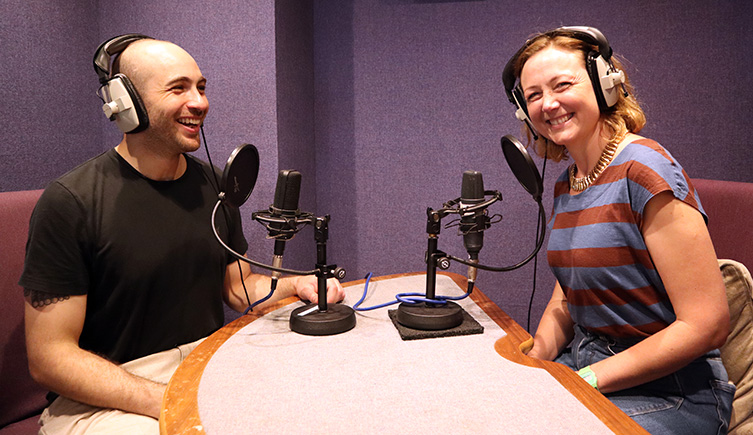
Podcast hosts Khalil and Tori
What is the podcast about?
Tune in for stories from the forefront of the planetary emergency. Along the way, we’ll unpack how we got here and discover solutions from science and nature that could help tackle the problems facing our world. Each episode explores one of the challenges facing nature globally, from wildfires to plastic pollution, zoonotic diseases to farming and beyond.

Find Your Climate Action
Use our tool to find actions that are good for you, your community and the planet.

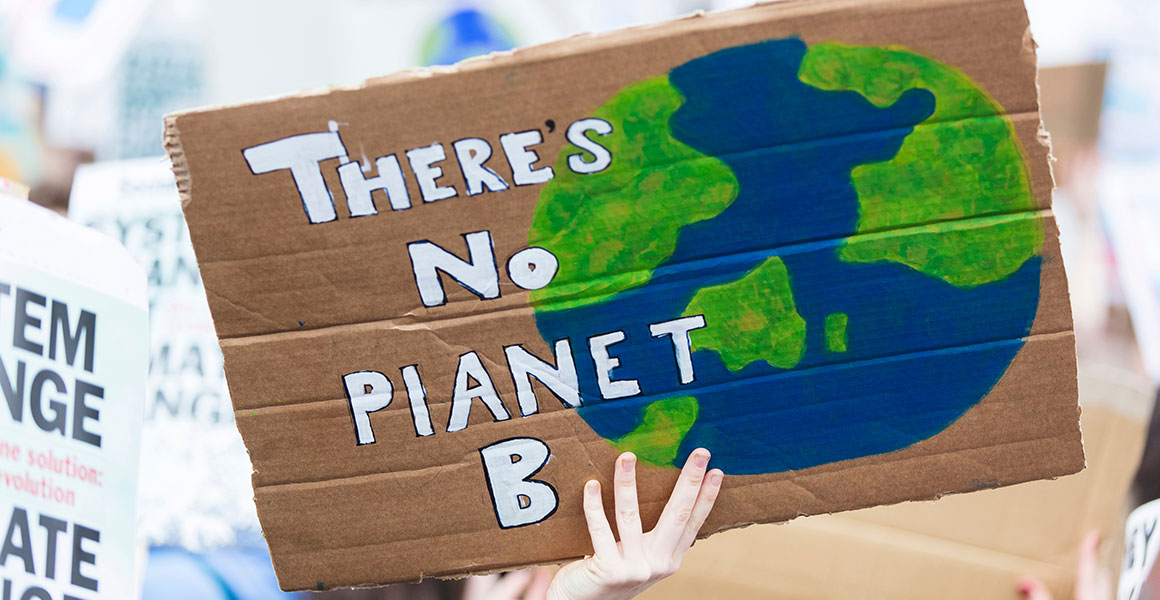


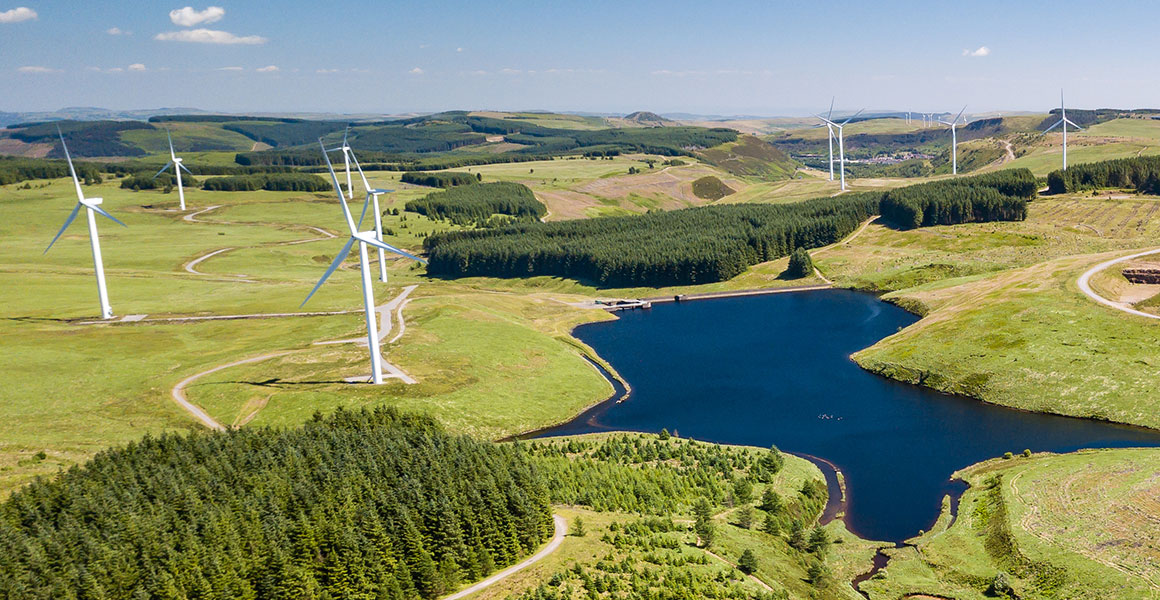
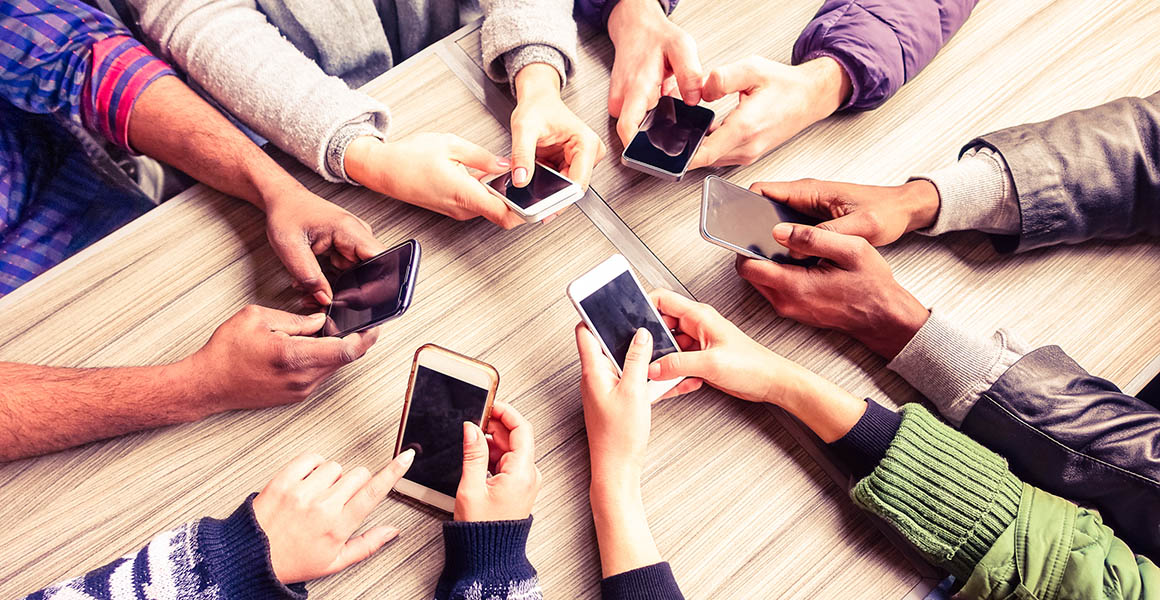
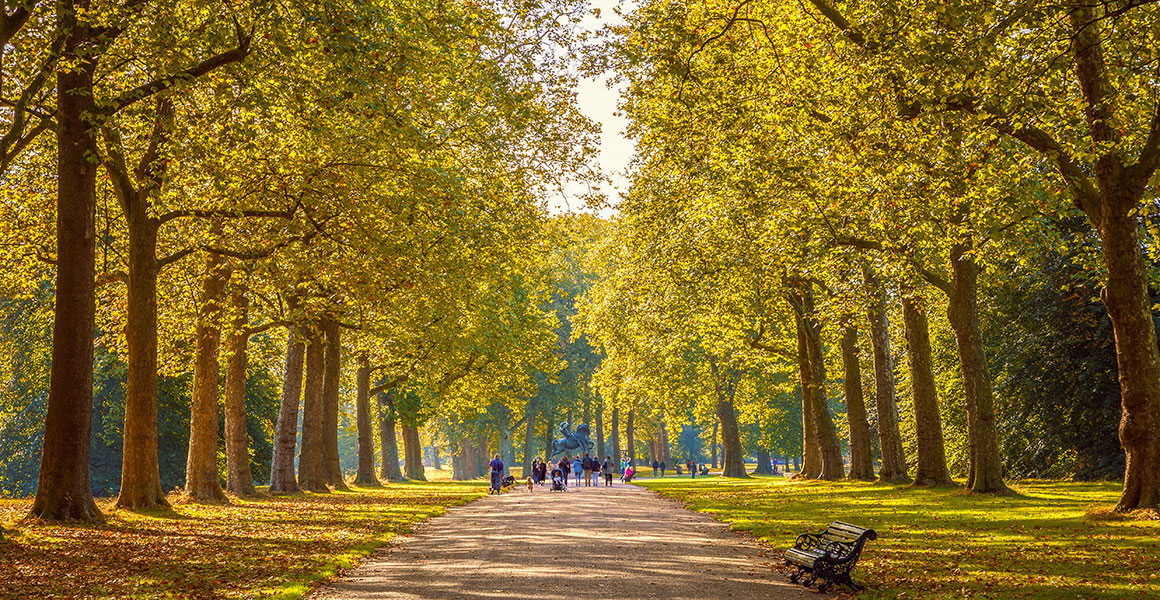

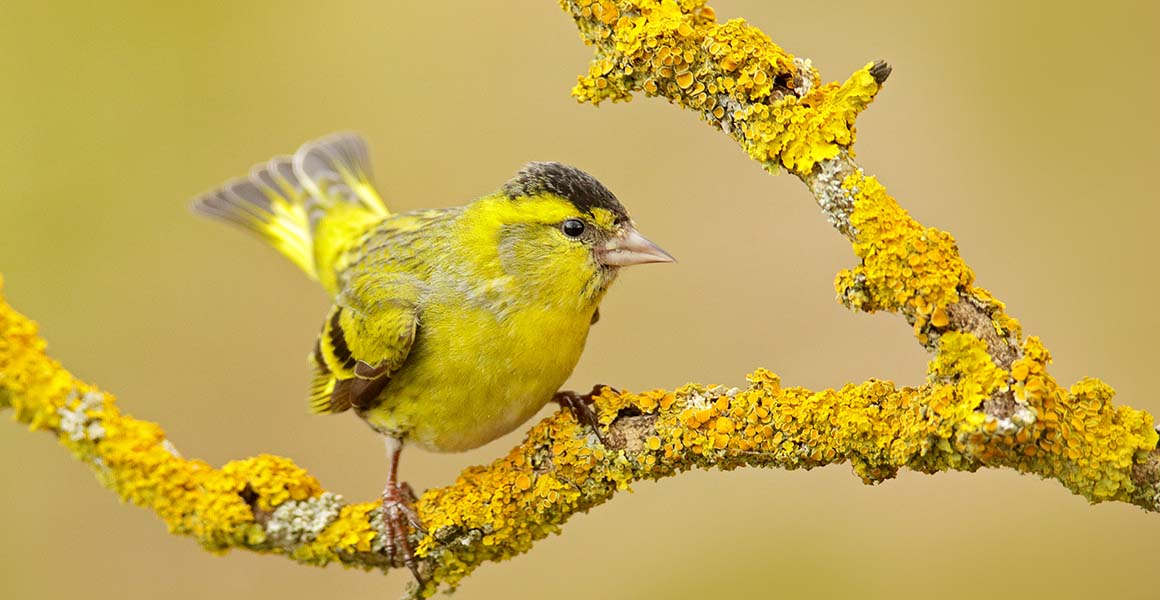

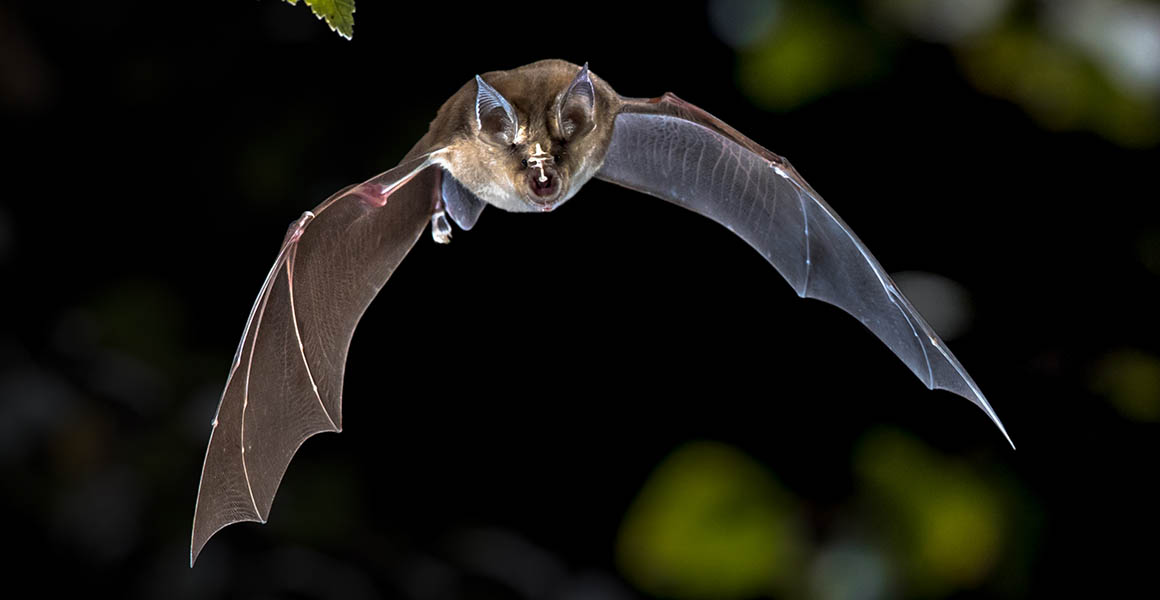
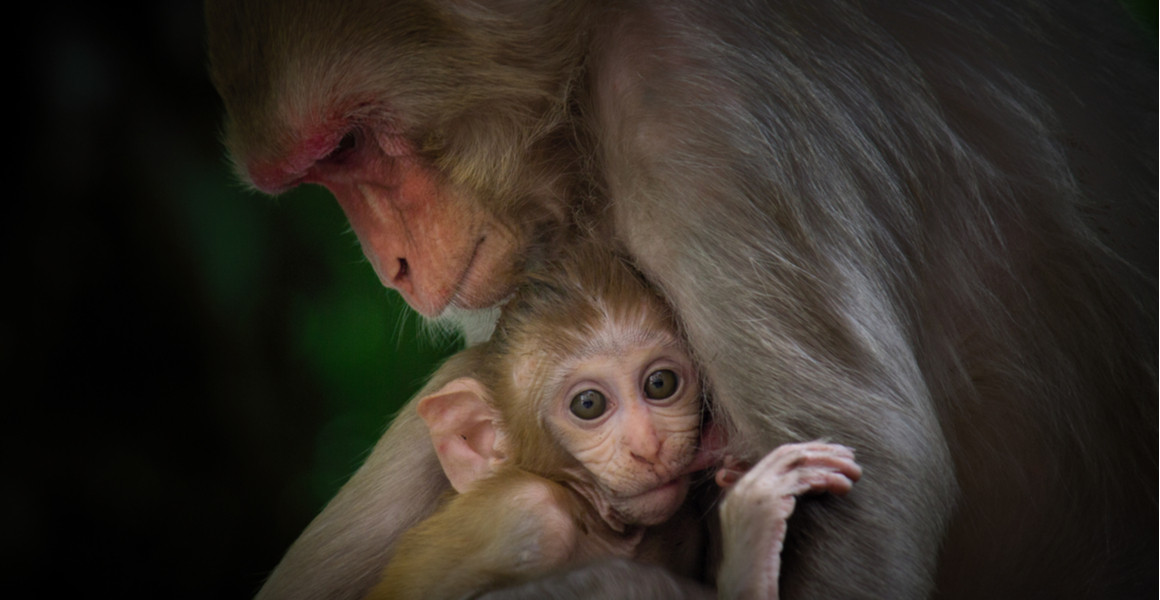
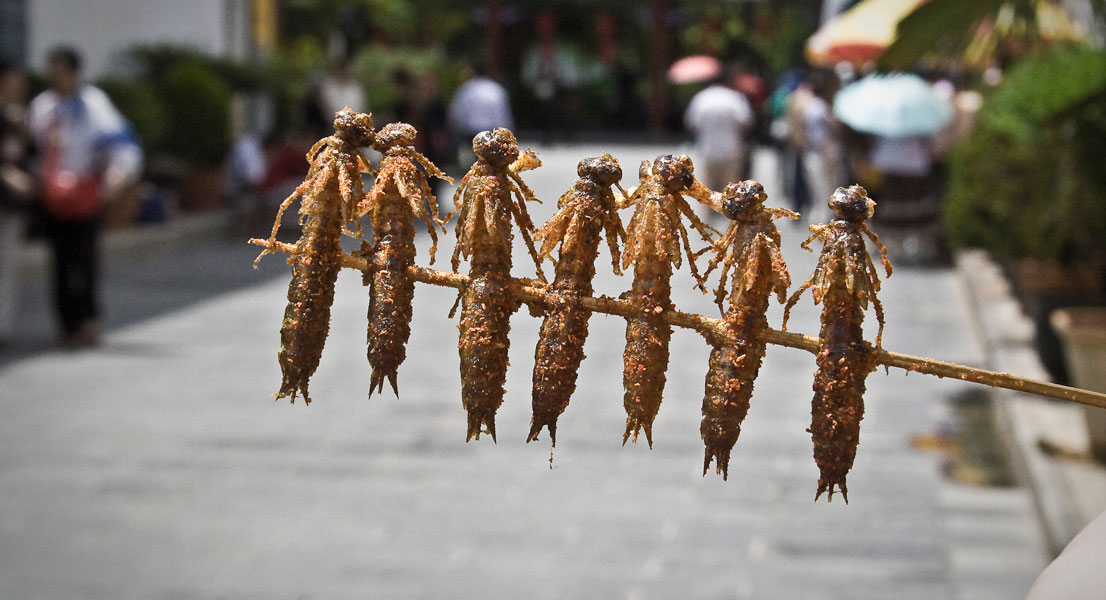

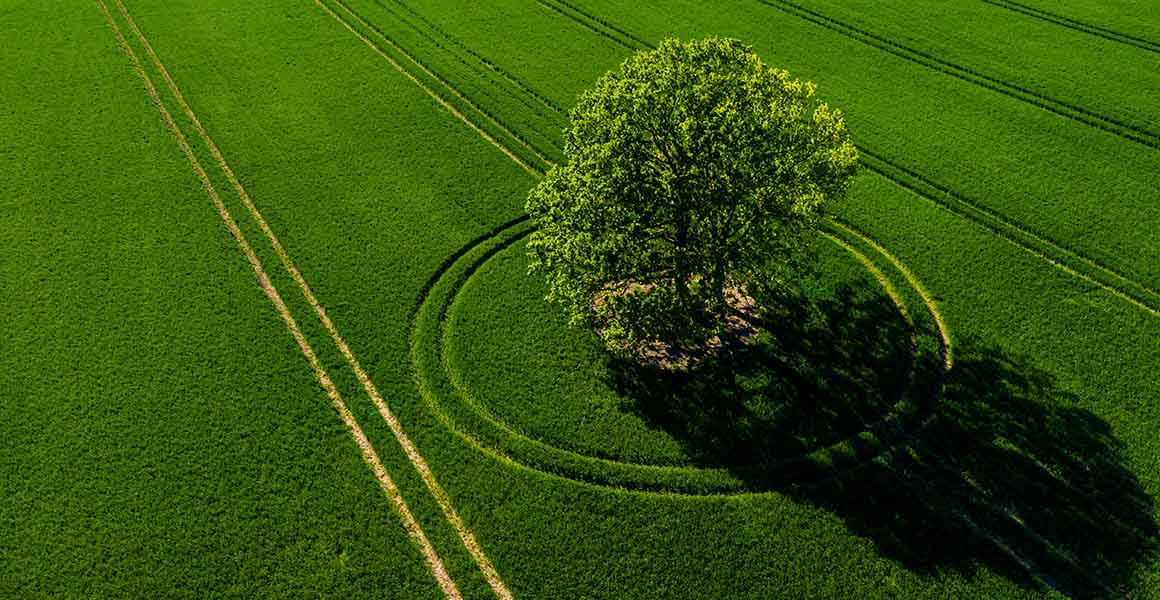
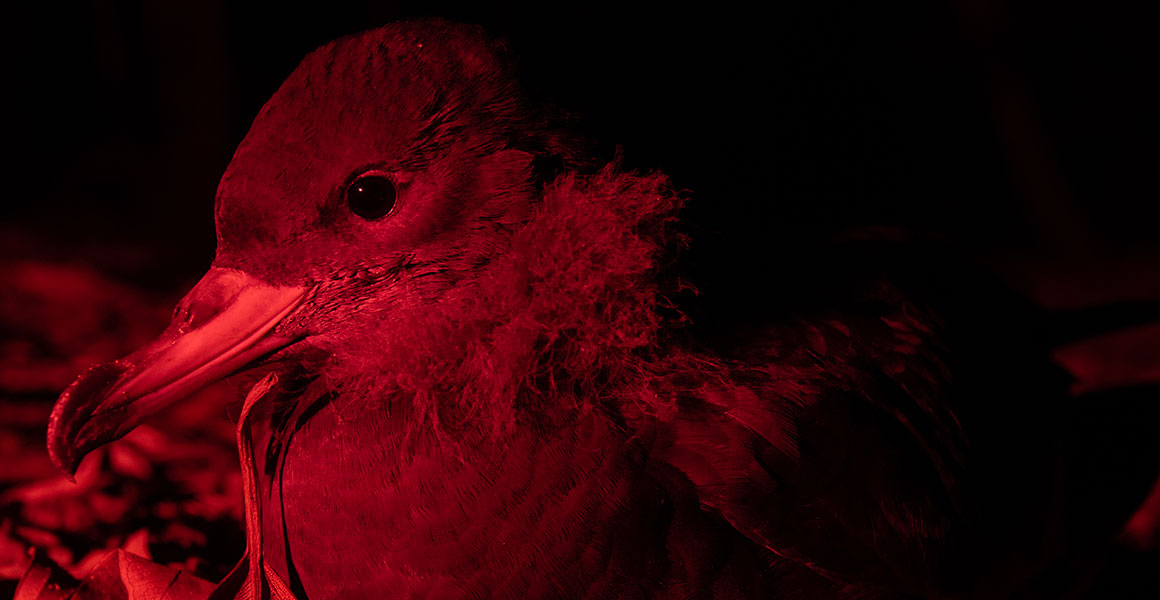
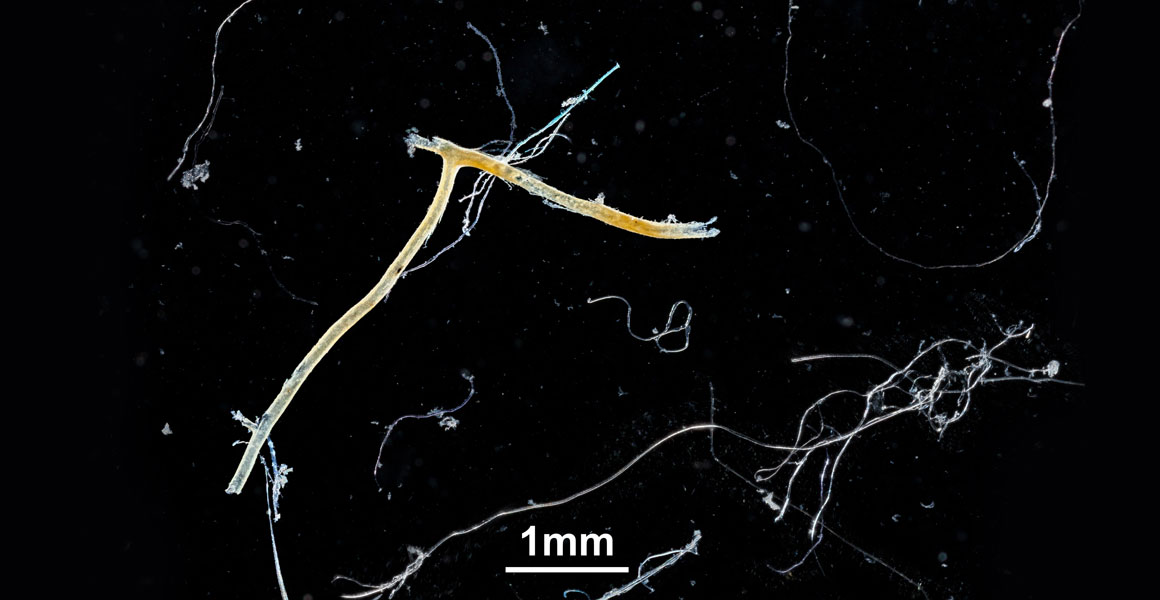

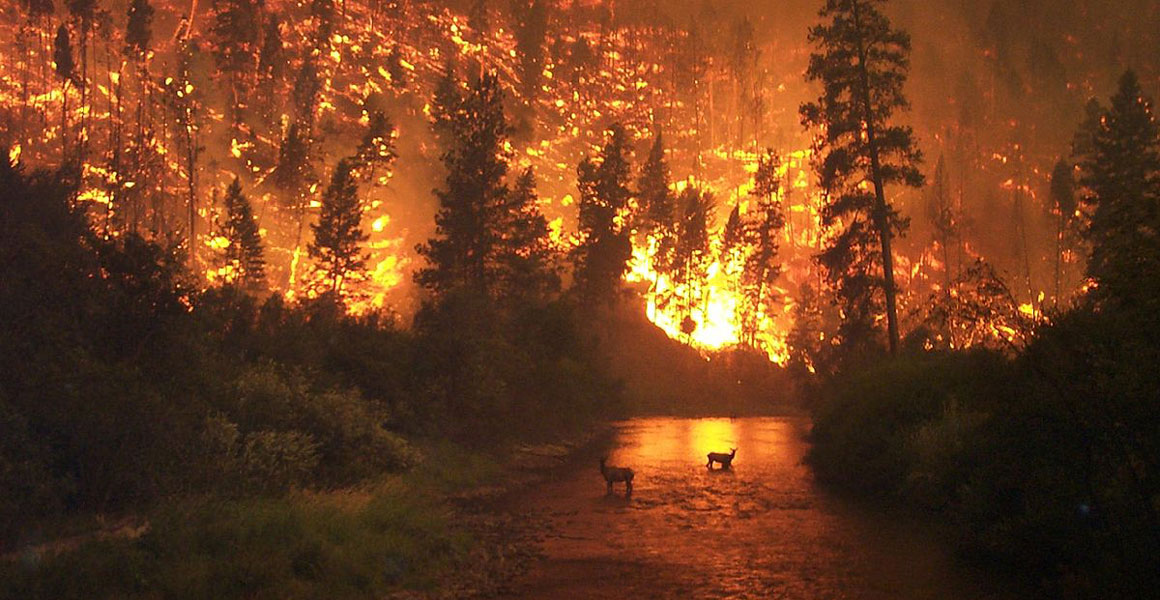
Don't miss a thing
Receive email updates about our news, science, exhibitions, events, products, services and fundraising activities. We may occasionally include third-party content from our corporate partners and other museums. We will not share your personal details with these third parties. You must be over the age of 13. Privacy notice.
Follow us on social media